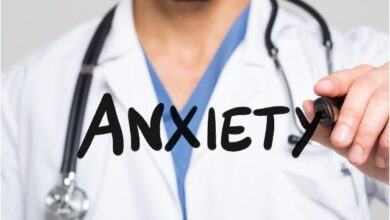What Happens in Medical Negligence Cases?

In the context of medicolegal cases, a duty of care refers to a legal obligation on behalf of medical practitioners to adhere to a standard of reasonable practice whilst performing any acts which could potentially cause harm to their patients. Medical negligence happens when the practitioner fails in their duty of care. For example, if a surgeon were to decide to smoke a cigarette in theatre halfway through a surgery, then they would almost certainly be found guilty of medical negligence. The medical provider they work for would likely face a seriously heavy lawsuit. Outlandish situations like these aside, however, the line between good medical practice and medical negligence can get a lot blurrier when the case in question is of a certain level of complexity.
The Difference Between an Insurance and a Negligence Claim
Medical insurance, such as disability insurance, covers medical, care, and/or disability costs in the eventuality of sickness or injury through no fault of the claimant. In other words, if the limb was lost due to the claimant driving into a wall while drunk, then the costs of this will not be covered. If, however, it was lost due to events that were nobody’s fault, which could not be reasonably foreseen or prevented, such as a natural disaster, then, it will, if proven as such. Where an insurance claim becomes a negligence claim, and where liability enters the equation, is where the limb could have been saved were it not for the actions of another, referred to as the defendant, who, if guilty, will be the one paying for the damages.
Expert Witness Testimony
Solicitors acting for either the claimant or the defendant will often contact an expert witness to testify in favor or against a judgment of medical negligence based on their experienced professional opinion and their knowledge and understanding of the guidelines of good medical practice. However, negligence is not defined only by whether or not the injury occurred, or even whether it could be prevented per se, but rather whether it could be ‘reasonably’ prevented by someone competent at that job. For example, if a nurse failed to save the limb, then it is not necessarily their fault but rather the fault of whoever decided they should be the one to attempt to do so, rather than the surgeon who was busy smoking a cigarette at the time. In such as case, the expert witness would likely testify that it would not be reasonable to expect the nurse to perform major surgery, but it would be reasonable to expect the surgeon to be the one doing it.
Resolution in Court
A judge will hear the arguments of both solicitors acting for the claimant and the defendant. Evidence will be accumulated from all those involved and any documented medical notes, as well as all expert witness testimonies explaining what would be considered reasonable practice in situations like these. The judge will then ultimately decide whether or not medical negligence has occurred and, if so, what the claimant is ultimately entitled to financially, which will be based on estimates regarding the costs of past and ongoing medical care and treatments following the injury in question. If the defendant is found not guilty, then the case will be dismissed, at which point the defendant may wish to counter-sue for defamation, unnecessary damages in the form of legal costs, and/or damages that resulted from having been suspended from work due to false allegations of misconduct.





